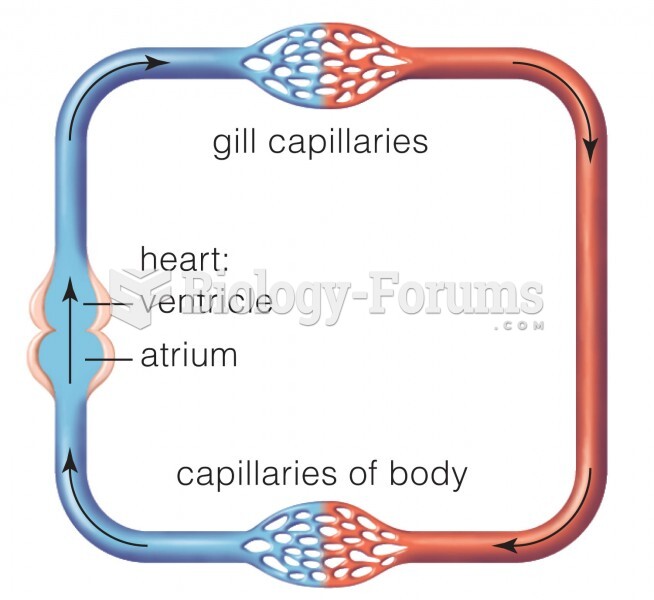Adhesion Contracts. Patricia Aiken suffered a heart attack and was hospitalized at Phoenix Baptist Hospital and Medical Center, Inc At the time of her admission, the Aikens told the hospital that they did not have the money to pay for medical care. At the same time, Patricia's husband, Thomas, signed an agreement to pay her medical expenses. He did not read what he signed, no one explained the agreement to him, and he later claimed to have been so upset that he could not remember having signed anything. When the bills were not paid, the hospital filed a suit in an Arizona state court against the Aikens. The court ruled in favor of the hospital, and the Aikens appealed. They argued that the agreement was an adhesion contract obtained under circumstances that made it unenforceable. Were the circumstances such that the agreement may have been unenforceable? Discuss fully.
Question 2
Lyle is Thelma's agent. Thelma has made it clear to Lyle that she does not want him to sign the contracts that he negotiates; she retains that power. If, despite Thelma's instructions, Lyle negotiates and signs a contract with Tom committing Thelma to spend thousands of dollars, what will the consequences of Lyle's actions be?
a. Lyle must pay Tom out of his own pocket
b. Tom may sue Lyle but not Thelma to enforce the contract
c. Tom can be justified in presuming Lyle had authority to sign the contract only if Tom asked Thelma d. if Tom was justified in presuming Lyle had authority to sign the contract, Thelma will be responsible
e. neither Lyle nor Thelma will be responsible for paying because Lyle exceeded his duty of accounting toThelma







